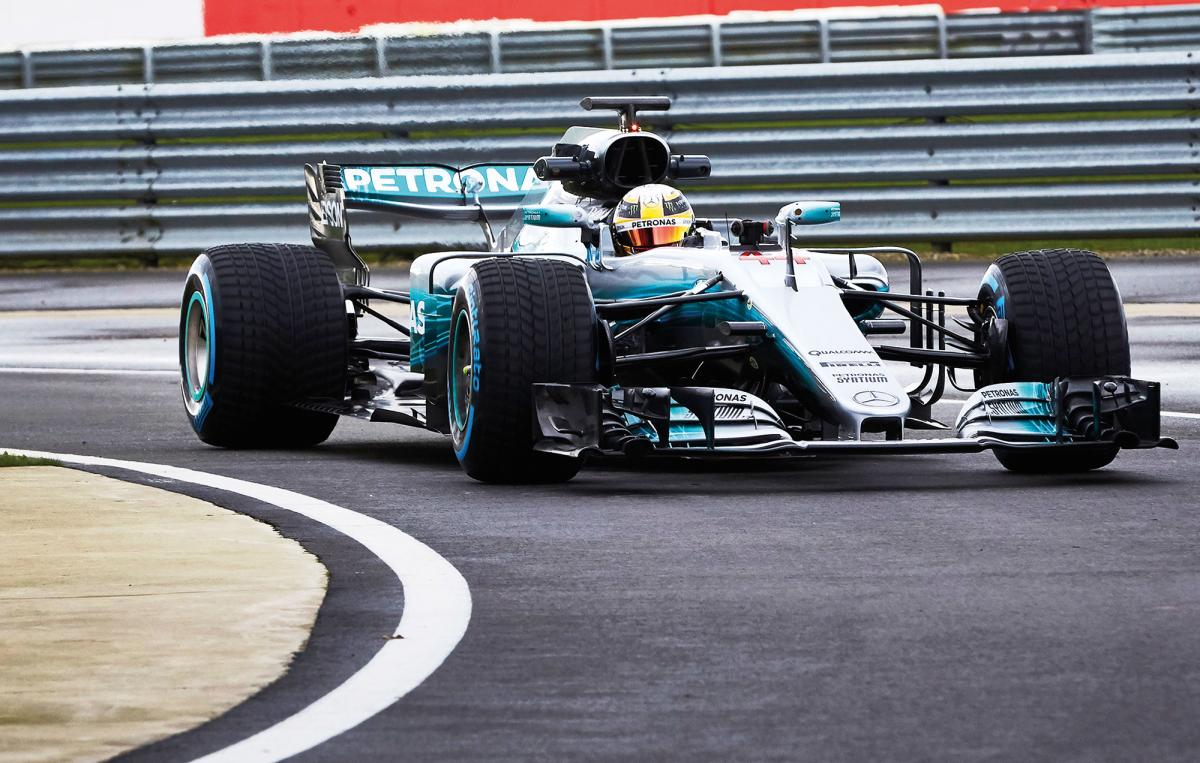


Put simply, F1 wants to be seen as the pinnacle of automotive achievement, and throughout the years the series and its contemporaries like Le Mans and the World Rally Championship have brought about many safety and efficiency advances that have filtered down to our day to day road cars.
Systems like ABS, crash test improvements, disc brakes, roll cages; motorsport has contributed to all of these technical innovations that have ended up in our road cars in one form or another.
Over the past 10-20 years F1 regulations designed to level the competitive playing field have slowed the visible level of integration between the sport and day-to-day motoring, but the effects are still being felt.
Due to the hybrid formula being used in Formula One these days, Mercedes, Renault, Ferrari and now Honda, as well as their subsidiary or affiliated companies are able to explore smaller and more powerful engines that are also more efficient and kinder to the environment.
Already this technology that propels Mr Hamilton around Monaco at 100mph is being employed in those flashy Mercs you see flying past in the outside lane of the M4. Take that as positive or negative, at least they aren’t burning through as many rainforests as they put pedal to metal. Although we don’t advise you use this as your excuse in court…
Some of you may hark back to my hydrogen powered vehicle column from a couple of months back and think this is a complete U-turn from your technical correspondent. I would hastily add that I still think hybrid vehicles aren’t the way forward, but if we can help change perceptions and attitudes by going down that route and then advancing to hydrogen further in the future, I’m happy to see a few more hybrids on the roads. So long as it’s not the awful marketing exercise that is the Toyota Prius.
If you’d prefer to go down the fully electric route, you can get your kicks in the rapidly expanding Formula E championship, which is proof that battery powered cars aren’t just for running rings around the family pet at Christmas. The racing is fiercely competitive on tight street circuits and sometimes is more entertaining than its older, more sophisticated brother Formula One. Although that’s probably also down to the fact the cars are being driven by competitors usually found fighting at the back of an F1grid. And crashing.
But Formula E is informing the motor industry as well, proving that battery power doesn’t have to be synonymous with dreary cars for old people. In fact, American company Tesla are already persuading businesses to give up the aforementioned Mercedes lane hoggers and take to refined all-electric motoring. We see loads drive past our offices every day.
Motorsport still has a place in 2017 clearly, and the technological arms race that drives teams to be the best is still benefiting you and I, just in a more covert way.